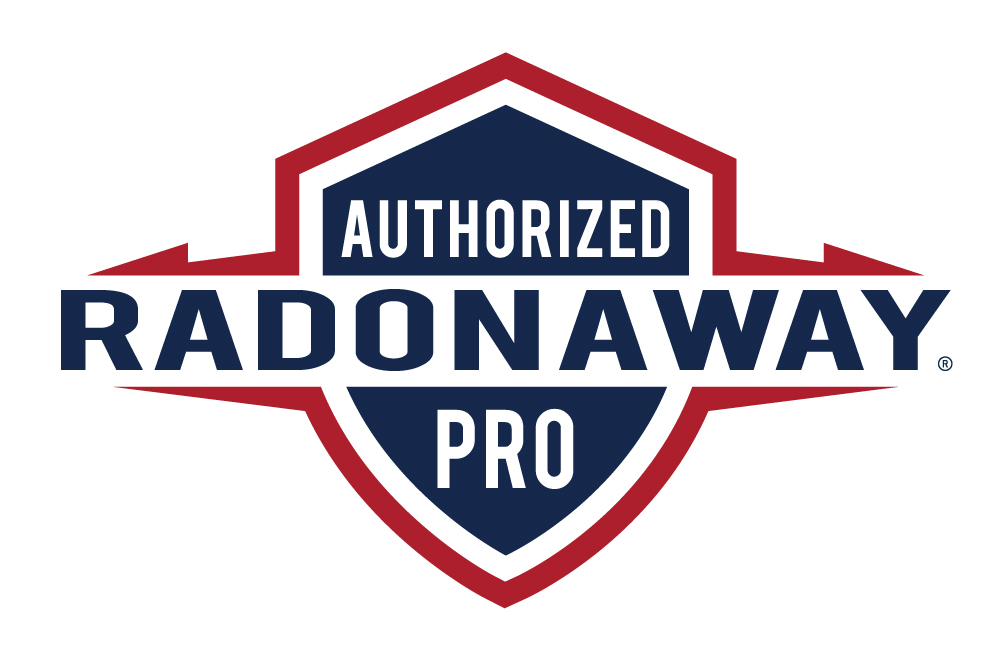Find a Professional Radon Contractor in Iowa
The Importance of Radon Mitigation for Your Iowa Home
If you've recently discovered high levels of radon in your home, fill out our form to contact an expert radon contractor in Iowa. The radon professionals affiliated with RadonAway have a wealth of knowledge regarding radon mitigation and have years of experience. If you're buying or selling a home and would like to know about radon, our team of radon professionals will be more than happy to discuss. Each radon contractor in Iowa is licensed, insured and fully ready to reduce radon levels in your Iowa home.
If you have recently discovered elevated levels of radon in your home or would simply like to know whether your existing radon system is functioning properly, please click on the button below to fill out our quick form and a qualified radon mitigation professional in your area will contact you directly.

The Importance of Radon Mitigation for Your Iowa Home
Radon testing is crucial when it comes to homes in Iowa as the entire state is at high risk for radon gas, according to the EPA. In fact, Health House states, "Iowa leads the nation in the percent of homes over the 4pCi/L action level as well as the percent of homes over 20pCi/L." When radon levels are over 4pCi/L, people can become seriously ill.
Common Symptoms Associated with Radon Exposure
As uranium and radium naturally decay, radon is produced as an odorless, tasteless, colorless gas. When exposed to high levels of radon in Iowa, individuals are more prone to lung cancer. This occurs when the decay products from radon gas enter the lungs and emit alpha particles. The particles release energy that is absorbed by nearby lung tissue which leads to cell damage.
Some common health risks involved with radon include:
- Hoarseness
- Shortness of breath
- Pneumonia
- Emphysema
- Wheezing
- Coughing up blood
- Chest pains
How Radon Enters the Home
Radon can enter your Iowa home in several ways including cracks in the basement floor, sump pumps, exposed soil, loose fitting pipes and construction joints. Primarily, radon enters the home through cracks in the foundation of the basement. Radon may also enter your Iowa home through well water, although it is much more common coming from the foundation.




Validate your login